
Most Hong Kong managers are blind to a staff's long-term value
A study found that Hong Kong managers measure a new hire's impact on the 1st year and then lose interest.
In a news release, FutureStep reported key findings from a study on Global Talent Impact and it yielded that recruits feel the most pressure to do well in their first year.
New professional and managerial level employees face a make-or-break ‘race for impact’ as businesses demand more from staff during the tough economic climate, according to a global study from recruitment solutions company, Futurestep.
The good performance of a new employee at this level is three times more valuable than retention. 74% of respondents from Hong Kong measure the impact of new recruits within their first 12 months.
Futurestep found that the most successful new professional and managerial hires demonstrate three ‘golden keys to success.’ These are decision quality, how accurate and sound decisions are; being action oriented or how quickly one takes initiative; and customer focus, how dedicated an employee is to meeting customers’ needs and expectations.
In Hong Kong, 24% of respondents cited that individuals with timely decision making skills are most likely to make a positive impact in the immediate term.
But businesses’ focus on the short term means many organizations risk overlooking the valuable contributions this employee group makes over the longer term. Despite three quarters of them measuring performance in the first year, about 36% admit that employees make the greatest impact after year one when they are actively contributing to the team and understand their organization’s culture and the over-arching business environment.
James Mendes, Managing Director, Futurestep Asia said: “All too often employers in Hong Kong lose interest in new staff after twelve months, overlooking the fact that if they continue to develop and measure the impact of talented individuals, they can contribute to the long term strategic success of the business. It’s crucial for businesses to understand how to unlock this potential beyond the honeymoon period.”
Mr Mendes added: “In the medium term, problem solving is vital, as cited by 22% respondents, whilst those individuals with good relationships with peers are in the strongest position to progress their career - these are the golden keys to success.”
Employers target recruits who make good decisions, bring creativity and build good relationships with bosses and peers.
Byrne Mulrooney, Chief Executive Officer at Futurestep concluded: “The big challenge for HR professionals is to successfully spot these attributes in candidates and help them develop to their full potential beyond the first year. The research also suggests our industry is too often focused on the immediate performance of individuals as the main indicator of a successful recruitment process. Instead, we need to work together to develop and adopt more holistic approach to understanding of the value of HR in the long term and in driving business growth.”



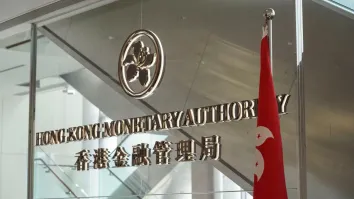










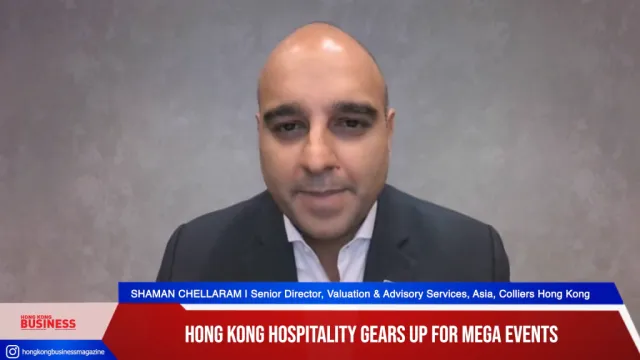
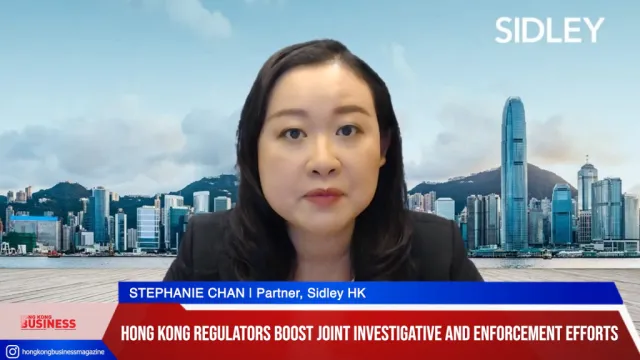
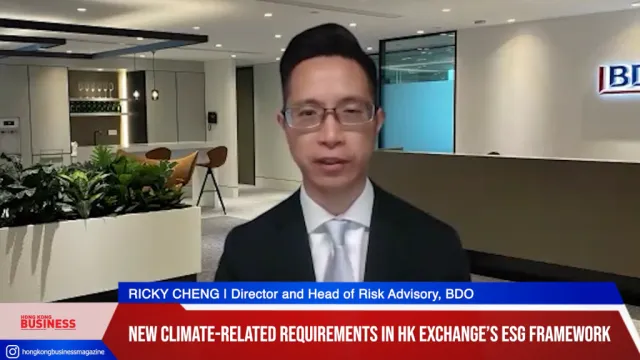
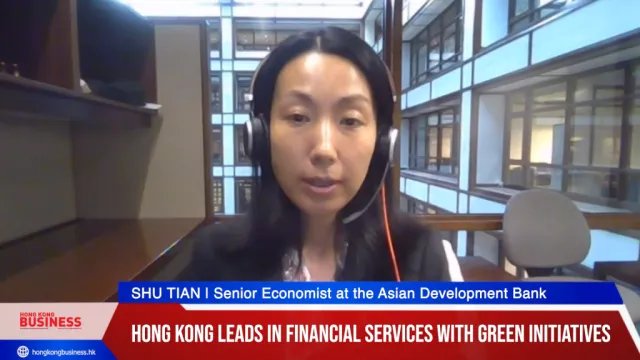
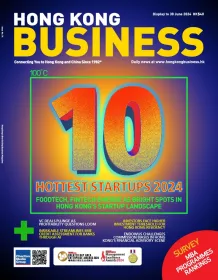
 Advertise
Advertise






